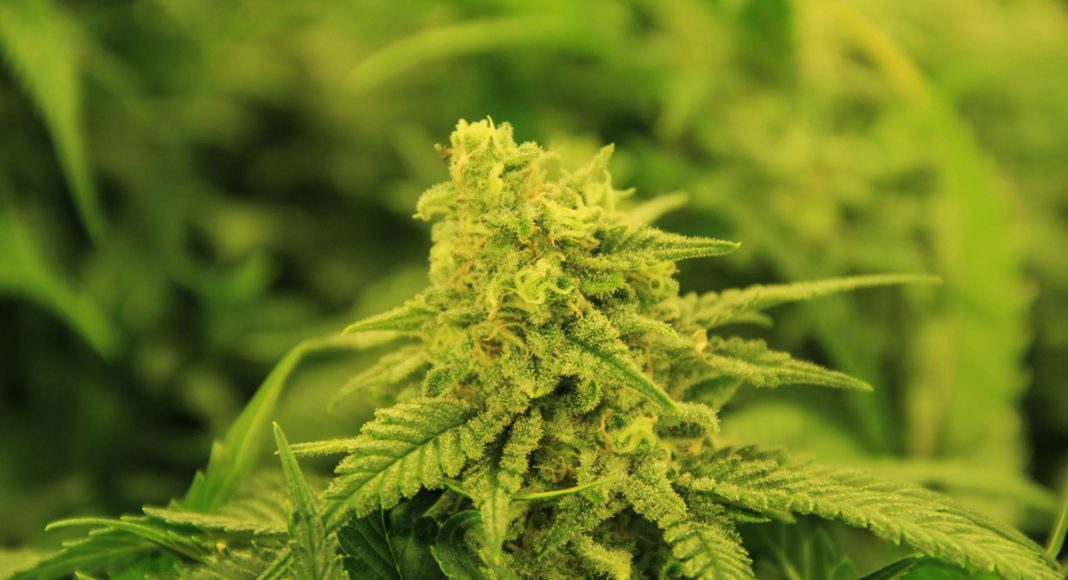Next month, the World Health Organization’s Expert Committee on Drug Dependence will meet in Geneva to discuss the classification of cannabis and other substances. Ahead of that meeting, the Federal Drug Administration asked for the people’s opinions and comments on the drugs listed and specifically cannabis.
Over 20,000 people responded in the timeframe, which ended Wednesday. Around half of all the comments submitted were hand delivered by NORML, which had a form on their site to easily submit a comment to the FDA. Over 10,000 were also submitted through the federal portal.
The comments were gathered with the intention to inform the U.S.’s stance on scheduling requirements that fan out to international treaties prohibiting member countries from legalizing marijuana themselves. Cannabis is at the moment in the most restrictive category possible under international treaties, akin to its Schedule I status in the U.S..
The scheduling of cannabis has impact on every corner of the U.S. and is also crucial globally. Cannabis has been proven medicinal via science, anecdotal evidence and the ability to witness its properties working on someone going through chemotherapy, an arthritic flare or anxiety attack. Its current scheduling denies its healing properties and puts it in a category reserved for drugs with a high potential for abuse.
Cannabis is a global issue at this point and all signs point to prohibition going by the wayside. Canada recently became the second nation to legalize cannabis across the board and Mexico has been paving the way to legalization as of late. Germany is figuring out its medical marijuana program as the UK welcomes cannabis into their own pharmacopoeia. It’s a green tidal wave and it’s a fair bet that a majority of those 20K+ comments were in favor of furthering the green wash.
It will be beyond interesting to see what comes out of the Geneva meeting of drug dependence experts. If prejudice prevails it won’t matter what the comments read, but there is the hope that people’s pleas to reschedule cannabis, globally even, will reach compassionate minds, open to the possibility that the War on Drugs was the wrong route to public safety.


